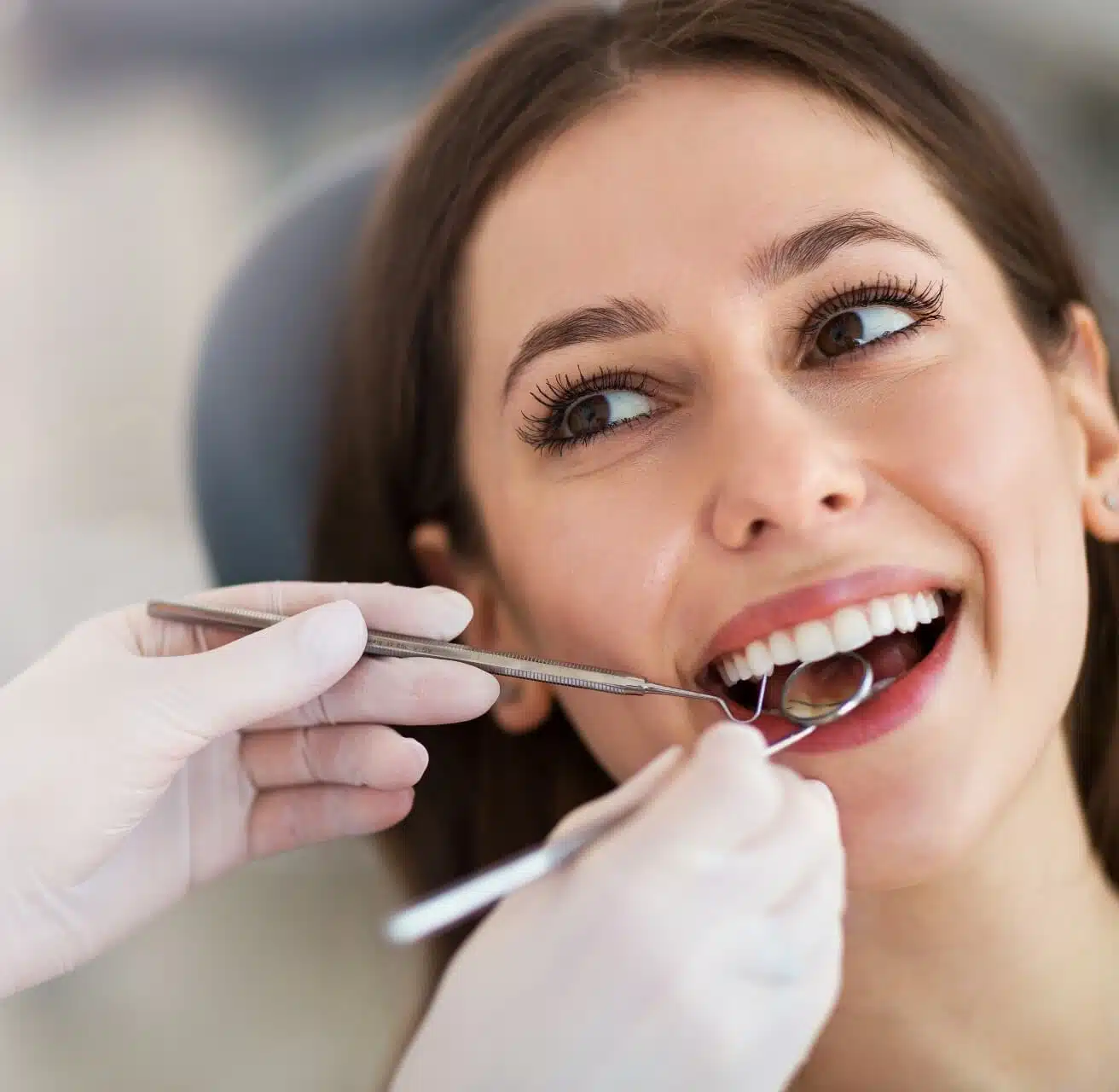How Diet Affects the Results of Professional Teeth Whitening

A bright, radiant smile is something many of us aspire to, and professional teeth whitening has become one of the most popular cosmetic dental treatments in the UK. It offers fast, effective results that can transform not only your smile but also your confidence. However, achieving long-lasting results involves more than just attending the whitening session. Daily habits, particularly what you eat and drink, play a crucial role in maintaining that brilliance. Even after professional treatment, certain foods and beverages can cause teeth to discolour again. This blog explores how diet affects whitening results, which foods to enjoy or avoid, and practical tips for keeping your smile bright over the long term.
Understanding Professional Teeth Whitening
Professional teeth whitening is carried out either in-chair at a dental clinic or with dentist-supervised home kits. Both methods use safe, regulated bleaching agents to lighten stains and restore a brighter shade. On average, patients can expect their teeth to be several shades lighter after treatment, but results are not permanent.
With good aftercare, whitening results can last anywhere from several months to a few years. A dental hygienist Wimbledon based will emphasise that whitening does not make teeth resistant to staining. Instead, it provides a fresh canvas that requires ongoing care and attention. Without the right dietary and lifestyle adjustments, discolouration can return sooner than expected.

Foods and Drinks That Can Stain Teeth
Your diet has a direct impact on the appearance of your teeth. Some foods and drinks are more likely to stain teeth than others because of their pigments, acidity, or chemical composition.
Here is a quick guide:
|
Category |
Examples |
Why They Stain |
|
Dark-Coloured Drinks |
Coffee, tea, red wine, cola |
Contain tannins and strong pigments that cling to enamel. |
|
Highly Pigmented Foods |
Berries, beetroot, curries, soy sauce |
Deep colour compounds can penetrate enamel pores, leading to noticeable stains. |
|
Acidic Foods & Drinks |
Citrus fruits, fizzy drinks, vinegar |
Erode enamel, making it easier for stains to stick. |
|
Sauces |
Tomato sauce, balsamic vinegar |
Their acidity and strong pigments cause surface discolouration. |
These items do not have to be cut out completely, but moderation is key. If you do enjoy them, consider these quick tips:
- Rinse your mouth with water immediately afterwards.
- Use a straw when drinking dark liquids.
- Avoid brushing immediately after acidic foods – wait 30 minutes to prevent enamel wear.
Foods That Support a Whiter Smile
Just as some foods accelerate staining, others can actively help preserve the effects of whitening. A diet rich in tooth-friendly options will not only keep your smile brighter but also support overall oral health.
Whitening-friendly foods include:
- Crunchy fruits and vegetables – apples, carrots, celery, and cucumber help scrub teeth naturally.
- Dairy products – cheese, milk, and yoghurt provide calcium and phosphates that strengthen enamel.
- Nuts – almonds and cashews stimulate saliva flow and gently polish teeth.
- Water – the simplest yet most effective way to rinse away staining particles and acids.
These foods can be easily incorporated into your daily meals to act as natural protectors of your newly whitened smile.
Habits Beyond Food That Affect Whitening Results
Diet is just one part of the bigger picture. Lifestyle choices and oral hygiene habits are equally important in maintaining the results of teeth whitening Wimbledon patients invest in.
Factors that can reduce whitening longevity include:
- Smoking and vaping – nicotine and tar are notorious for causing yellow and brown stains.
- Poor oral hygiene – plaque and tartar attract pigments and darken teeth faster.
- Irregular dental visits – skipping professional cleaning means stains are not removed effectively.
A professional reminder: visiting your dental hygienistensures plaque and tartar are regularly removed, giving your whitening treatment the best chance of lasting longer.

Dental Hygienist Tips for Maintaining Teeth Whitening Results
A dental hygienist’s advice can make a huge difference in prolonging whitening results. By following professional guidance, you can enjoy your brighter smile for much longer.
Key tips include:
- Use a straw when drinking coffee, tea, or fizzy drinks to minimise contact with enamel.
- Avoid smoking or cut down on tobacco products.
- Rinse your mouth with water after meals, particularly those high in colour pigments.
- Brush twice a day with a non-abrasive fluoride toothpaste.
- Floss daily to remove food particles and prevent plaque build-up.
- Schedule regular cleaning and polishing appointments with a dental hygienist.
By incorporating these small but effective steps, you will help protect your teeth against staining and discolouration.
Myth Busting – “Whitening Foods”
There is plenty of misleading information online about so-called natural whitening solutions. Some popular myths include:
- Strawberries – although they contain malic acid, frequent use can wear down enamel.
- Charcoal toothpastes – highly abrasive and can cause enamel erosion over time.
- Lemon juice or baking soda – too acidic or abrasive, leading to long-term damage.
The safest and most effective way to achieve and maintain white teeth is through professional treatment combined with sensible dietary and lifestyle choices. Relying on myths or DIY remedies may do more harm than good.
Conclusion
Professional whitening can dramatically improve your smile, but diet and lifestyle choices will ultimately determine how long the results last. By being mindful of stain-causing foods and drinks, incorporating tooth-friendly options into your meals, and following advice from a dental hygienist, you can enjoy a radiant smile for months or even years.
If you are considering teeth whitening or simply want expert guidance on keeping your smile bright, professional support is essential. At The Dental Lounges - Wimbledon, you can access tailored treatments and advice designed to keep your smile healthy and beautiful for the long term.
- Art
- Causes
- Crafts
- Dance
- Drinks
- Film
- Fitness
- Food
- Games
- Gardening
- Health
- Home
- Literature
- Music
- Networking
- Other
- Party
- Religion
- Shopping
- Sports
- Theater
- Wellness



